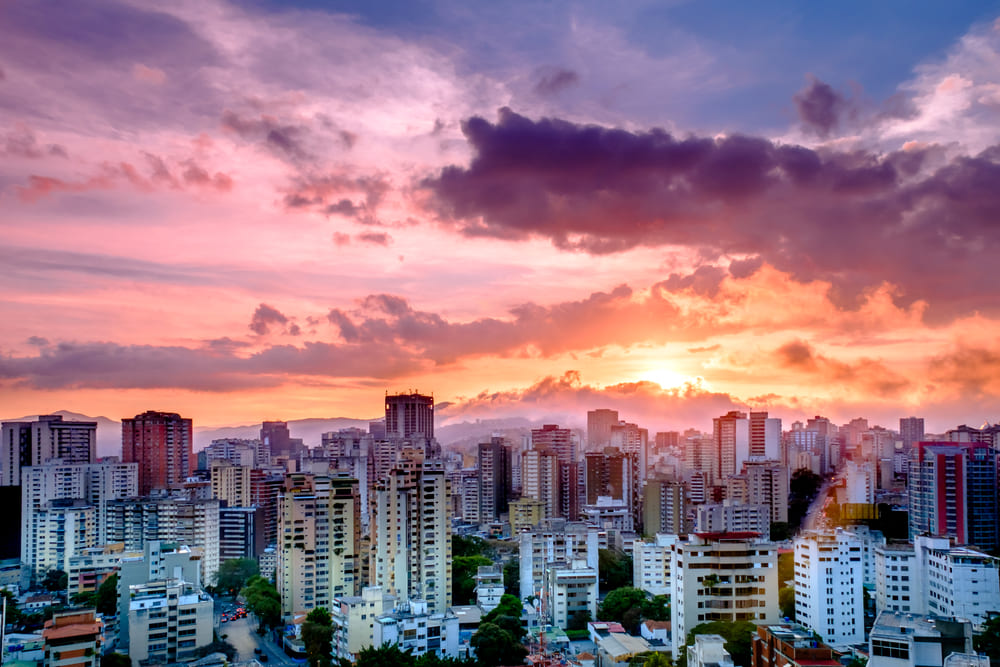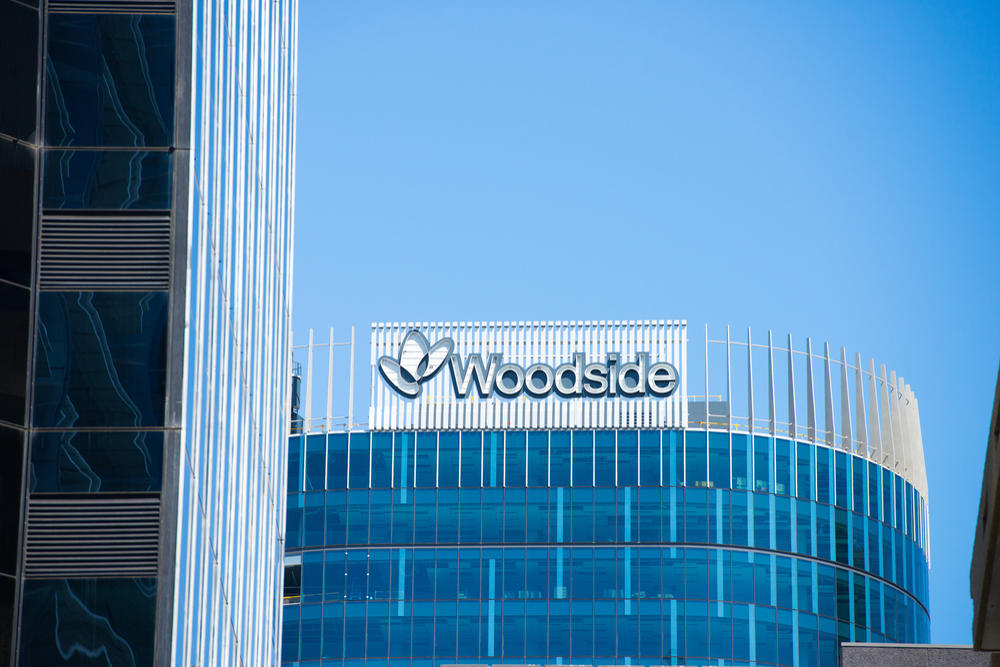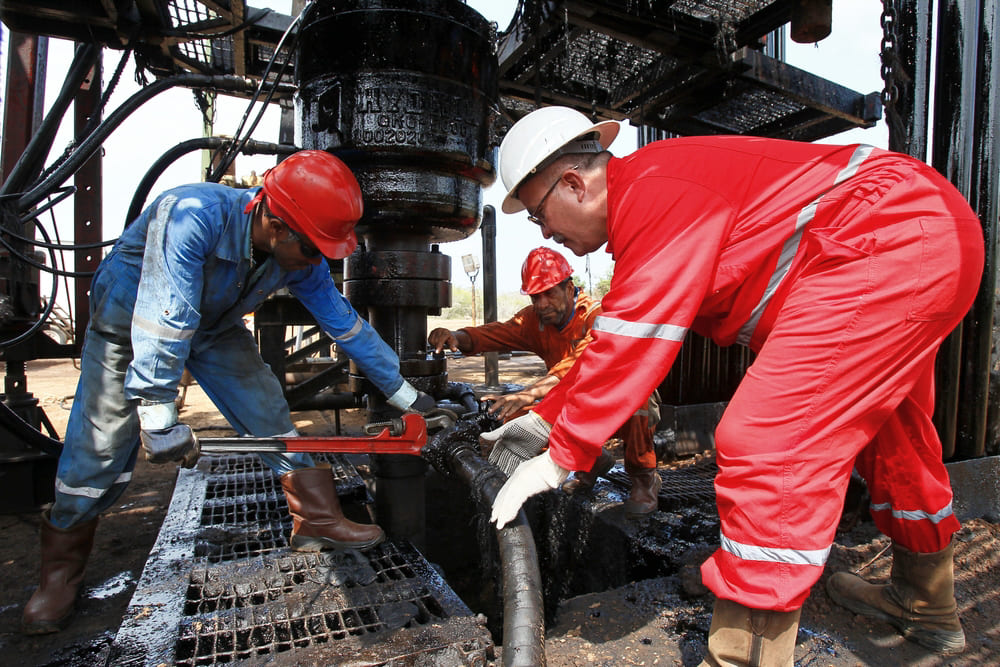
The Biden Administration has announced the reimposition of sanctions on the oil industry in Venezuela, maintaining its stance that without a fair election, there will be no extension of the relief.
This move raises questions about whether the “maximum pressure” campaign is back or if there is room for a middle ground.
The decision comes as Venezuela has not fully met the commitments made under the Barbados Agreement, which aimed to lay the groundwork for a free, fair, and internationally monitored presidential election in 2024.
The US Department of State stated that in the last six months, concerns have grown about the fairness of the upcoming presidential elections.
Maria Corina Machado, the leader of the opposition who won the primary election in October, was banned from participating in the presidential race in January.
Her substitute, Corina Yoris, was unable to register for the elections due to alleged technical failures with the electoral website.
As a result, the US will not renew General Licence 44, which authorised transactions related to Venezuela’s oil and gas industry.
This makes it illegal for US-based companies to deal in Venezuelan oil.
However, a 45-day wind-down licence has been granted to allow companies to conclude their operations in an organised manner.
Chevron, the largest contributor to Venezuela’s recent short-term growth, will still be allowed to produce and export volumes to the US under General Licence 41.
Chevron aims to increase its production to 200,000 bpd by the end of the year.
The Department of State has also indicated that it will consider requests by companies for special licences to operate in Venezuela beyond the wind-down period.
This raises hope for companies like Repsol, ENI, and Maurel & Prom, which had previously been authorised by the US.
The decision to reinstate sanctions does not indicate a final belief by the US that Venezuela cannot hold competitive and inclusive elections.
Initial estimates suggest that Venezuelan crude production could decrease by around 120,000 bpd by the end of next year due to the sanctions.
The availability of heavy crude from other sources may pose a challenge for the US refining system, particularly with the Trans Mountain pipeline expansion project diverting Canadian barrels away from the US into Asia and the commissioning of the Olmeca refinery potentially limiting Mexico’s sour crude supply to the US.
Other regional sources like Ecuador and Colombia are also expected to see declines in heavy crude production this year.








